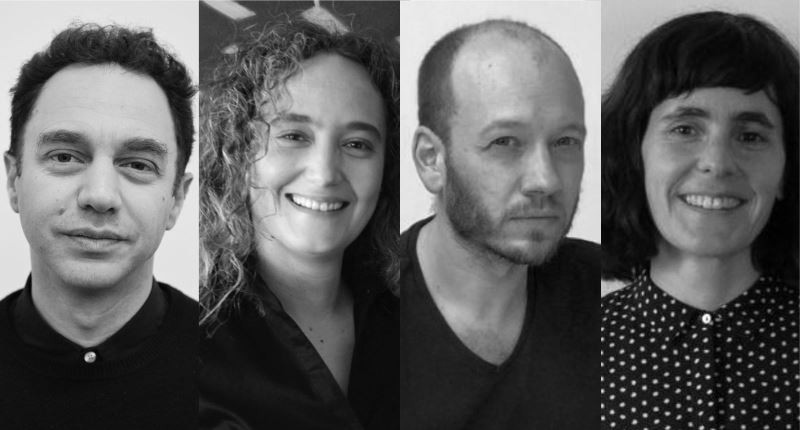Universidad Católica’s School of Architecture and Ediciones ARQ organized the launch of “Santiago de Chile 1977-1990: Arquitectura, Ciudad y Política” (Santiago de Chile 1977-1990: Architecture, City and Politics), with the sponsorship of the Santiago Center. The book of essays seeks to contribute to the knowledge and interpretation of the urban planning policies imposed in Santiago by the Pinochet dictatorship, which among other measures, included the addition of thousands of hectares for urban development on the outskirts of the city.
The event, chaired by Francisco Díaz (GSAPP'13), General Editor at Ediciones ARQ, was presented by book editor Daniel Talesnik (GSAPP'16), Curator at TU München’s Museum, followed by comments from Andrea Insunza (JN'13), Professor at Universidad Diego Portales, Amarí Peliowski from Universidad de Chile, and Tomás Errázuriz from Universidad Andrés Bello.
Luis Eduardo Bresciani, Director at Universidad Católica’s School of Architecture, gave welcoming remarks and commented that the book aims to highlight how the period’s heritage has influenced the city’s current urban and social landscape. “There are persisting traces of economic and cultural postmodernism that continue to haunt us and are still part of the ongoing debates,” he said.
Later on, Talesnik stated that “this book presents precedents for everything that has happened in Santiago’s urban development in the 30 years after 1990,” while Insunza highlighted that the essays reveal the absolute power of a regime that imposed a capitalist system in the country. “When we think about the effects of the dictatorship’s project, we see these effects in the life trajectories of Chileans during decades,” she noted.
The recording of the event is available here.

